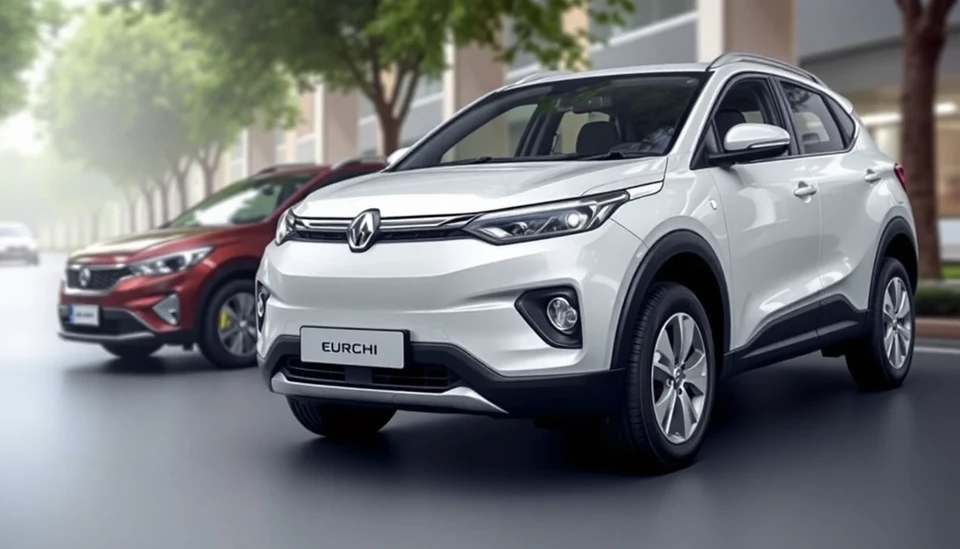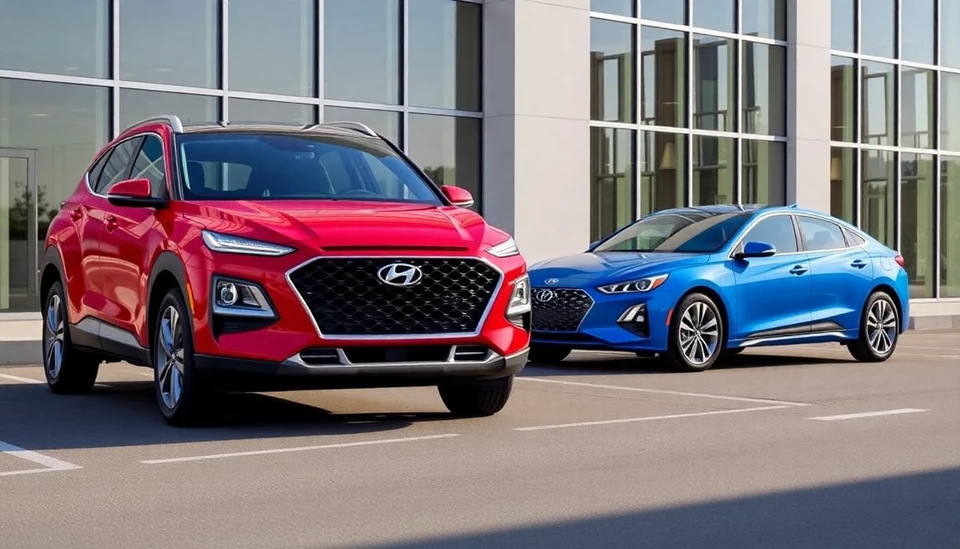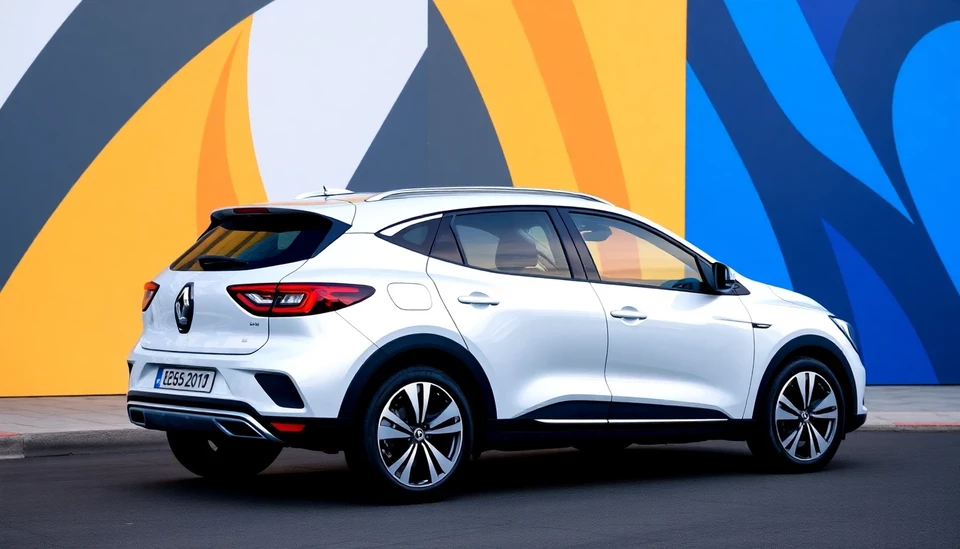
As electric vehicle (EV) prices continue to plummet, India is on the brink of a significant automotive transition that could reshape its transportation landscape. Traditionally known for its preference for gasoline-powered vehicles, this burgeoning market is starting to experience an upswing in the adoption of electric cars. The decline in EV prices is primarily attributed to advancements in battery technology, increased production capabilities, and government incentives aimed at promoting greener alternatives.
Recent reports indicate that the cost of electric vehicles has decreased substantially. Major automotive manufacturers are ramping up their investments in EV technology, with local companies and international brands vying for a stake in India's rapidly evolving market. This surge in affordability raises critical questions about whether Indian consumers, who have historically favored fuel-efficient but gasoline-fueled cars, might finally consider making the switch to electric vehicles.
Data suggests that India's automobile market is one of the largest in the world, predominantly driven by a deep-rooted love for traditional internal combustion engines. However, as more EV models enter the fray at competitive price points, there is optimism that consumer preferences will start to shift, particularly among younger buyers who are more eco-conscious and technology-driven.
The Indian government has also played a pivotal role in this transformation by implementing generous incentives to encourage the purchase of electric vehicles. Programs designed to reduce upfront costs for buyers, coupled with investments in charging infrastructure, are set to bolster the confidence of potential EV owners. Furthermore, policy frameworks promoting sustainable practices have become focal points in India's economic agenda.
Experts indicate that several factors will be essential to the future of EV adoption in India. Consumer education about the benefits of electric vehicles—ranging from lower maintenance costs to reduced environmental impact—will be crucial. Simultaneously, enhancing the accessibility and reliability of charging stations remains a critical hurdle that must be addressed to instill greater confidence among potential buyers.
Additionally, the excitement surrounding electric vehicles could pose a serious challenge to producers of traditional gasoline-powered vehicles. The pressure to innovate and adapt to changing consumer preferences is more pronounced than ever. Leading automotive brands need to accelerate the development of hybrid models and consider diversifying their offerings to capture a broader segment of the market.
As this pivotal moment unfolds in India's automobile sector, it remains to be seen if the price of electric vehicles will nudge consumers away from their fondness for gas guzzlers. The intersection of consumer behavior, technological advancements, and governmental support will ultimately determine the lasting impact of electric vehicles on the Indian car market.
In conclusion, this imminent shift towards electric vehicles could very well redefine personal transportation in India. The country stands at a crossroads where the evolving needs of environmentally-conscious consumers can lead to a promising future of sustainable mobility.
#ElectricVehicles #India #AutomotiveIndustry #EVAdoption #SustainableTransport #GreenEnergy #CarMarket #Environment #GovernmentIncentives
Author: John Harris




